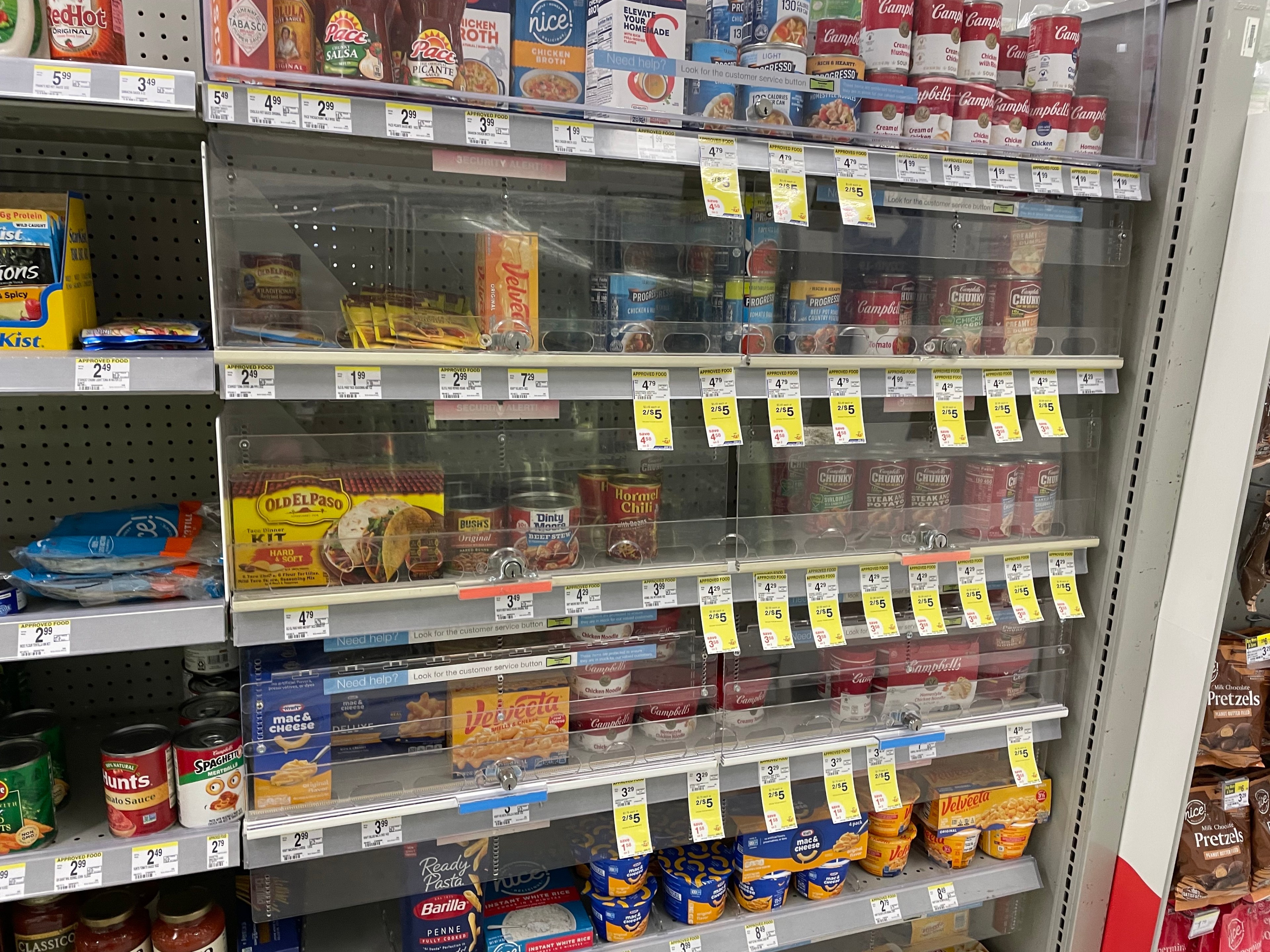Nearly four months after forming a bipartisan select committee and two hearings later, state Assembly Speaker Robert Rivas announced legislation Thursday to combat shoplifting and organized retail theft.
He joined Democratic Assemblymembers Rick Zbur of Los Angeles and Kevin McCarty of Sacramento to unveil the California Retail Theft Reduction Act, which Rivas described as “critical legislation” to address “a serious crime that’s hurting businesses and impacting our communities.”
“Organized retail theft is having a chilling effect on our communities,” said Rivas, a Democrat from Salinas. “Crime, like everything, evolves. And criminal enterprises are using new and different ways to get around current prohibitions. … It is our responsibility to ensure that our laws are addressing the situation at hand.”
Focusing on “professional retail thieves,” Zbur said the measure would create a new crime with a penalty as long as three years behind bars for possession of stolen property with the intent to sell. Because “intent to sell” can be difficult to prove in court, evidence can include repeated offenses or possessing an amount of goods that is “inconsistent with personal use.”
Other key provisions of the bill, according to Zbur:
- Aggregation: The value of thefts from different retailers can be added up so they can be prosecuted as grand theft.
- Resellers: Online sellers would be required to maintain records to show that goods were obtained legally, and large retailers would be required to report “theft data” (though details remain unclear).
- Enforcement: Police could arrest shoplifters based on a witness’s sworn statement or video footage of a crime.
- Intervention: Courts could refer some shoplifters to alternative programs instead of jail or prison.
Thursday’s measure is in response to a 29% jump in 2022 in shoplifting (though the rate was still 8% below pre-pandemic levels), including some high-profile smash-and-grabs. Also, there was a 16% rise in commercial burglaries of items totaling more than $950 between 2019 and 2022, according to the Public Policy Institute of California.
The $950 is the threshold set by Proposition 47, which voters approved in 2014, to prosecute shoplifting as a felony. Zbur noted that the new bill could be enacted and signed into law without a ballot measure to overhaul Prop. 47, which Republican lawmakers and some Democrats propose.
Prop. 47 is viewed by some legislators and local officials as part of the reason why “rampant acts of theft” are happening across the state.
While Rivas did not directly rule out reforming Prop. 47, he said it “has been law for a decade,” and that the legislative process is better for “developing well-constructive policy.”
“We need to get it right,” Rivas said. “We can’t make a mistake here.”
The select committee on retail theft is expected to hold one more hearing, though when and where that’ll be “are still under discussion,” according to Zbur’s spokesperson.
Meanwhile, in other legislative efforts related to theft, Democratic Assemblymember Evan Low of Cupertino announced a bill Thursday to combat “porch pirates.” The measure would make it illegal to enter the “vicinity of a home” (not just inside the home) to steal packages.
